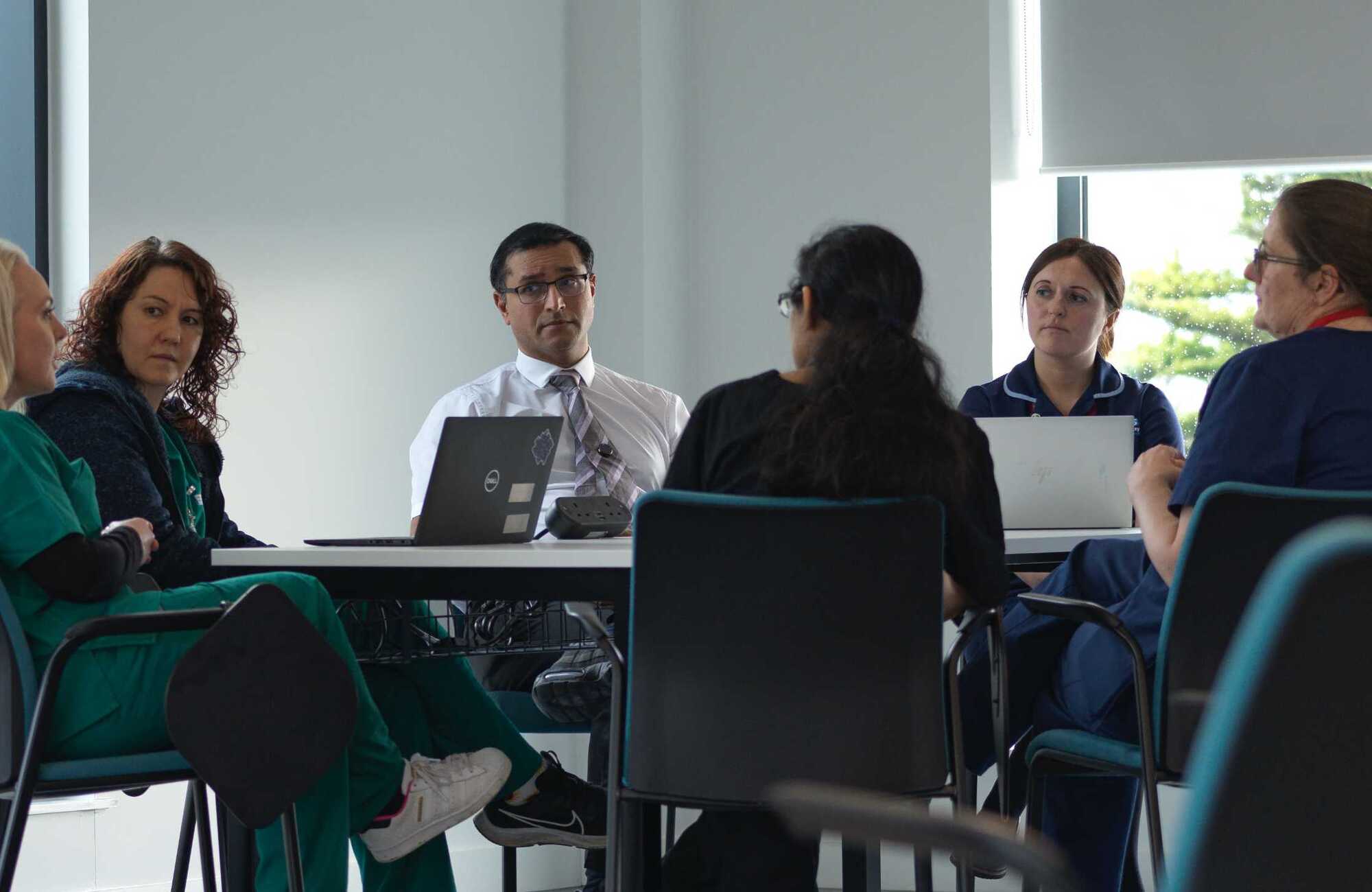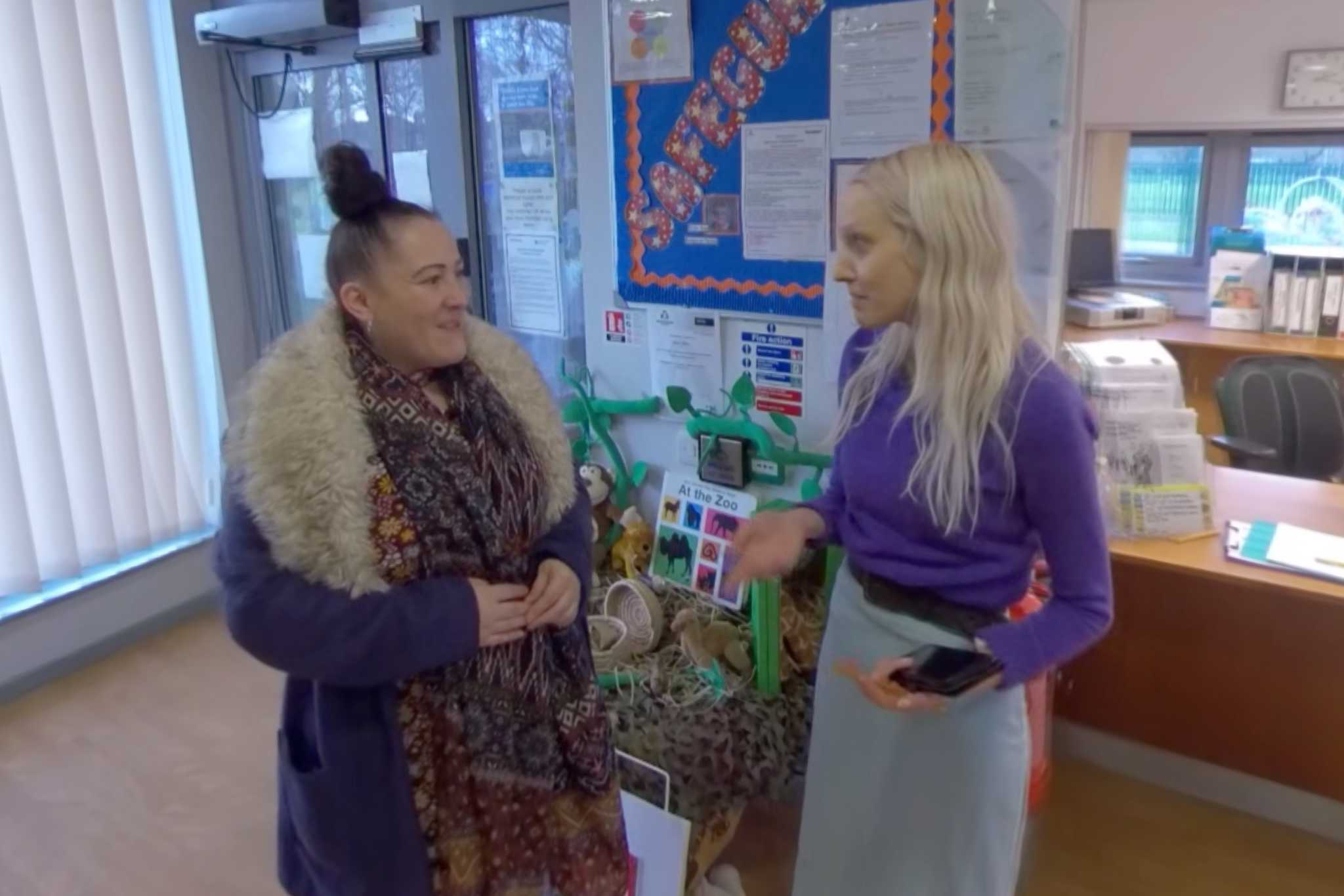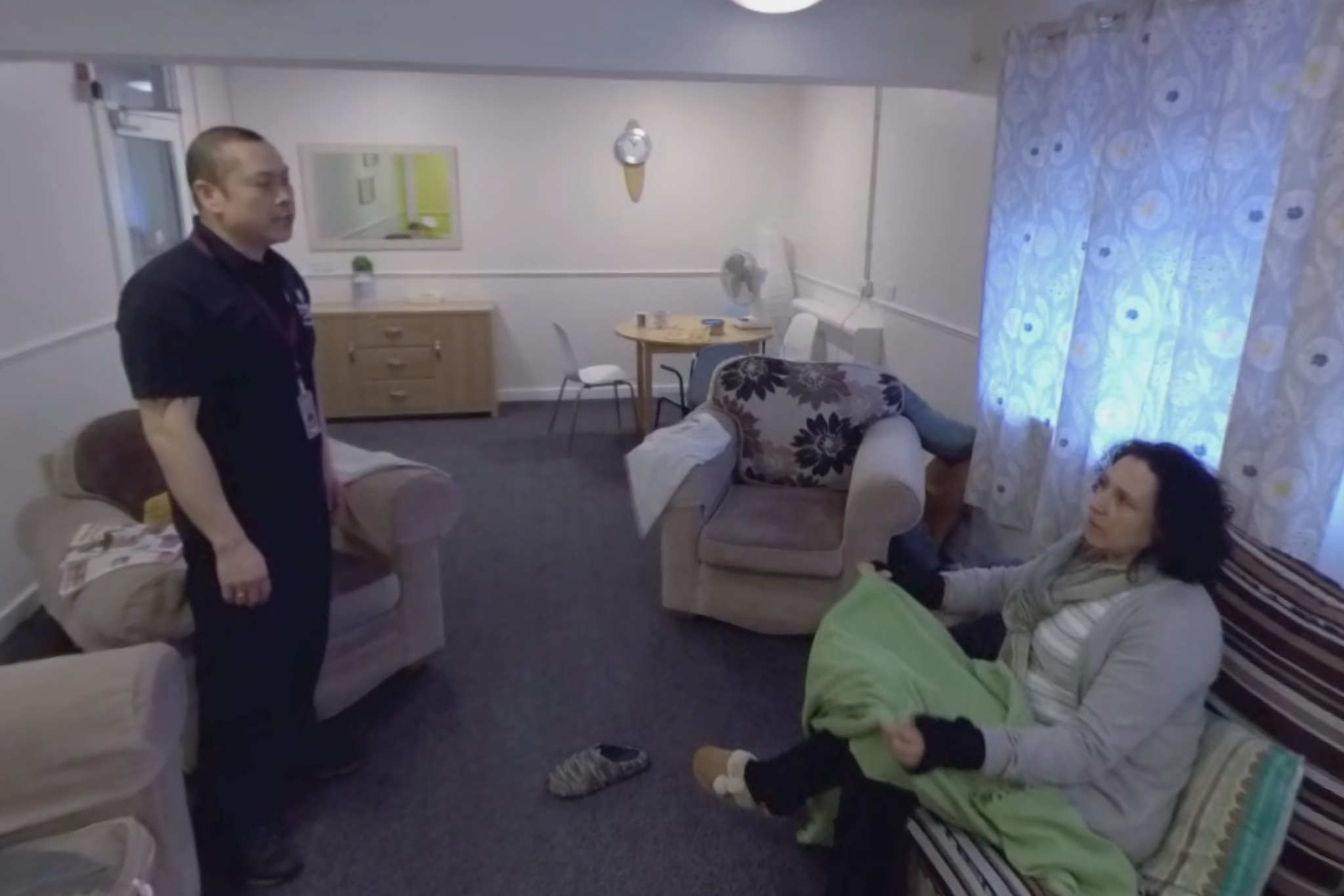
Strengths Based Approach
A strengths‑based approach to communication centers on recognizing and building upon the innate talents, competencies, and positive attributes that individuals already possess, rather than focusing solely on deficits or areas needing improvement. By highlighting what people do well—such as active listening, empathy, clarity, or persuasive storytelling—this method boosts confidence, encourages engagement, and creates a supportive atmosphere where participants feel valued and motivated to contribute. In practice, communicators tailor their messages to align with the strengths of their audience, ask open‑ended questions that draw out expertise, and provide constructive feedback that reinforces successful behaviors. This focus on assets not only enhances interpersonal connections but also fosters collaborative problem‑solving, as team members are more likely to leverage their unique skills toward shared goals, leading to more resilient, productive, and satisfying interactions.


